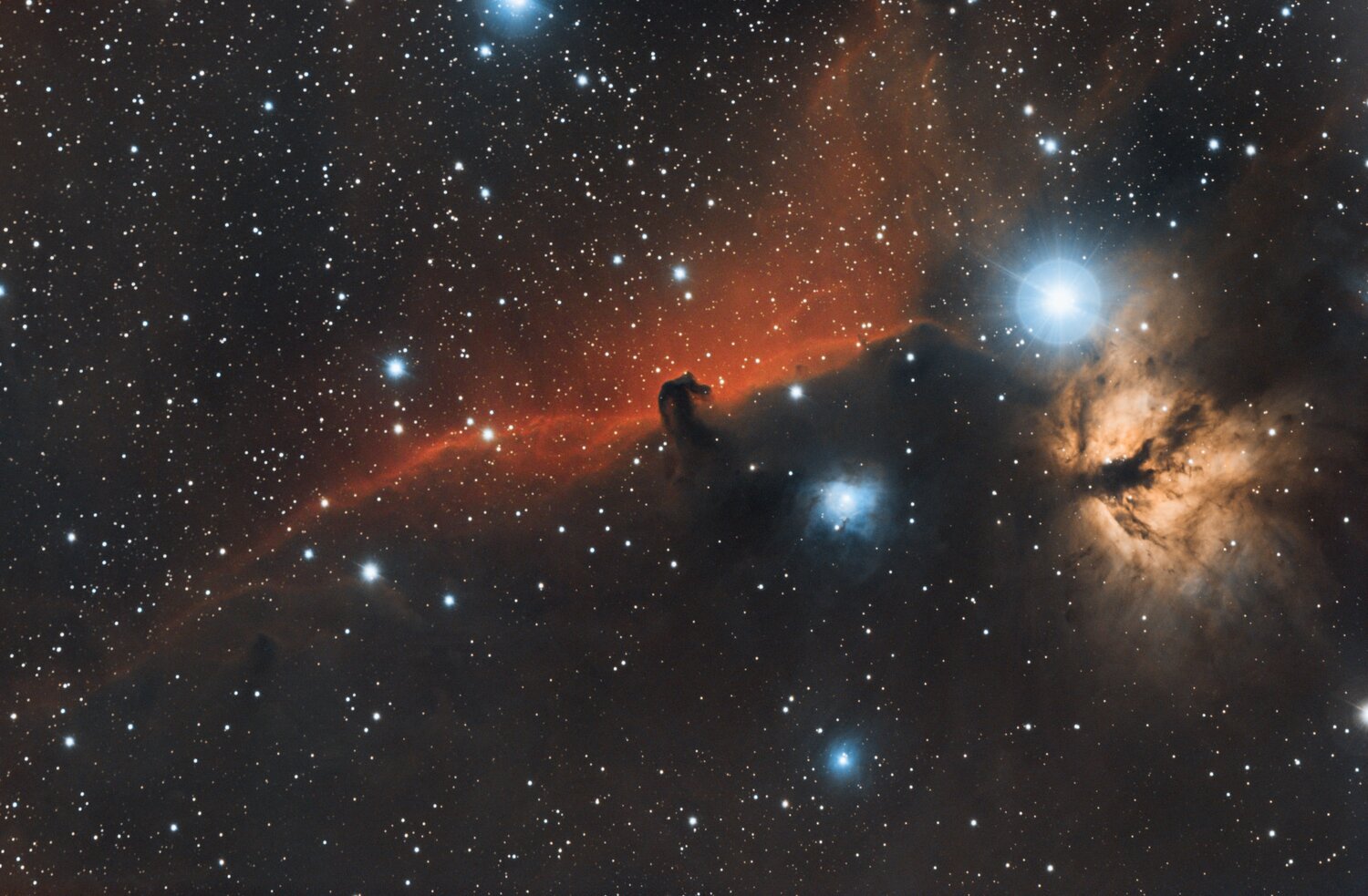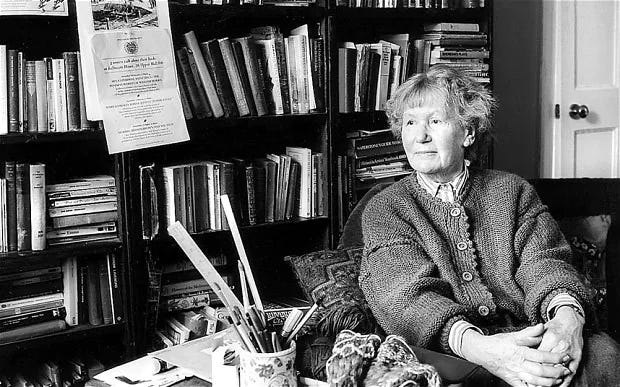
‘Helgoland’ Review: The Paradox of Particles
Given the probabilistic basis of quantum theory, it is apt that happenstance should have been midwife at the birth of one of its most radical formulations. Had Werner Heisenberg as a young man not suffered from chronic hay fever and sought relief on the virtually treeless island of Helgoland in the North Sea off the coast of Germany, particle physics might be a very different matter from what it is today. Indeed, our concept of matter itself might be a different matter.
Carlo Rovelli, a theoretical physicist whose specialty is quantum gravity, is also one of the warmest, most elegant and most lucid interpreters to the laity of the dazzling enigmas of his discipline. In his new, brief but potentially momentous book “Helgoland”—translated from the Italian by Erica Segre and Simon Carnell—he takes Heisenberg as an exemplary figure, one with the “visionary force of a rebellious, critical spirit . . . capable of redesigning our world from scratch.” It is a description that, with a slight slackening of emphasis, might fit Mr. Rovelli himself, in his role as promulgator of what he terms “the ‘relational’ interpretation of quantum theory.” To which we shall return.
Heisenberg went to Helgoland—“Heligoland” to English-speakers—in 1925, 20 years after the publication of the Special Theory of Relativity. The world of science was in a more than usually violent state of ferment, with physicists struggling not only to establish a synthesis between Newton’s and Einstein’s differing versions of reality, but also to reach an accommodation with the baffling new ideas that would come to constitute quantum theory.






















